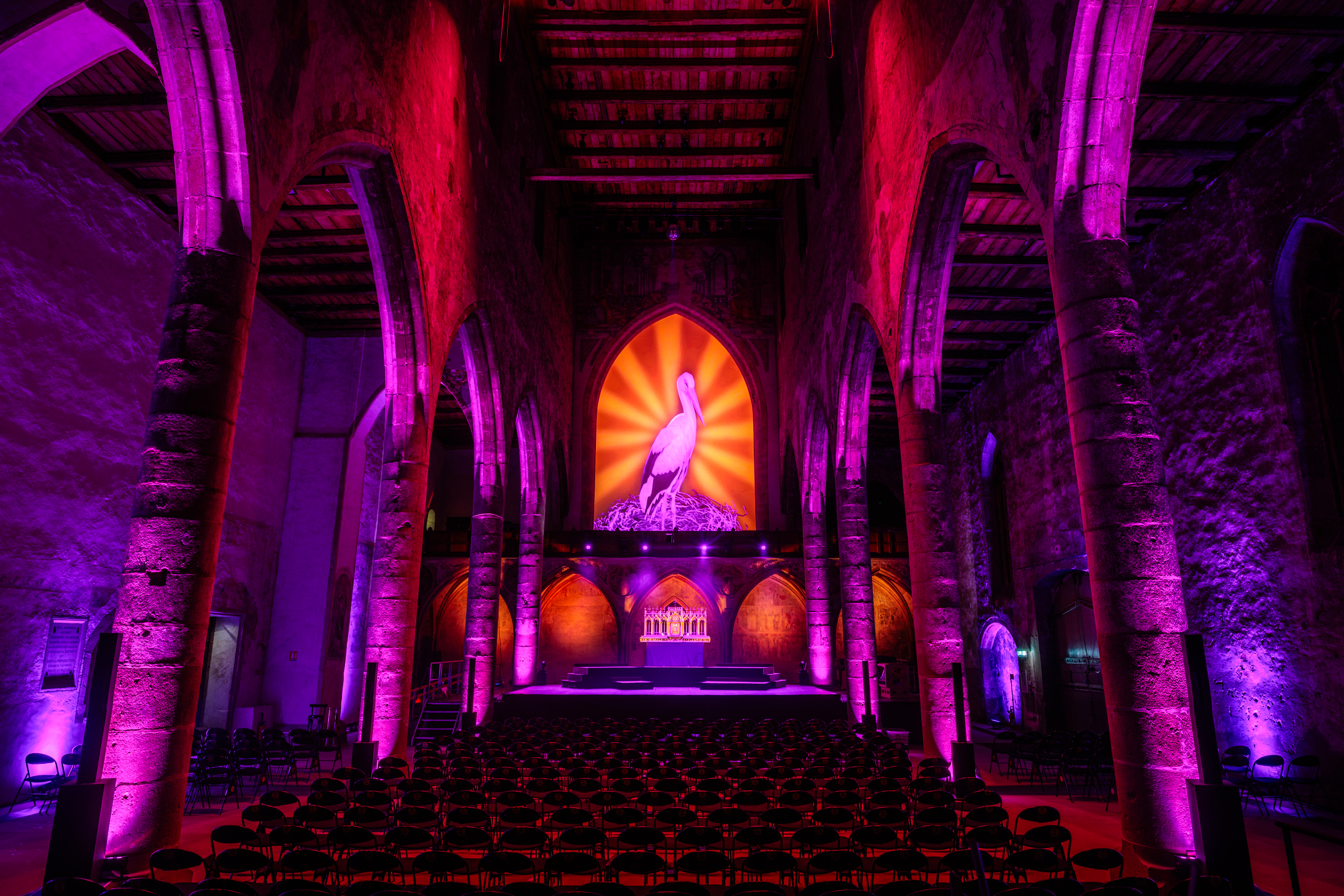The Association des Centres culturels de rencontre (ACCR) and the Dominicains de Haute-Alsace invite you to the meeting ‘From Soil to Connection: heritages as spaces for emancipation and engagement’ from Wednesday the 19th to Friday the 21st of November at the Dominicains of Haute-Alsace (France). This meeting will provide an opportunity to broadly examine what cultural organisations can learn from nature.
The annual encounters of the members of the ACCR are convivial events highlighting the values of the network while examining contemporary social issues from the arts and heritages angles. Designed as a framework for cooperation and dialogue within the network and with the wider community of actors working towards a global approach of territorial development, the Encounters contribute to a living vision of heritages and cultures in order to design solutions to current issues.
At a time when the interconnection between ecological, social and cultural issues is recognised, we want to bring forward exemples of the ways in which cultural practices and organisations interact with nature. Our approach to nature affirms the desire to discuss the existing links between the reuse of heritages, the associated processes of creation and mediation, and the natural environment. We will focus also on the challenges of the ecological and societal transformations, especially with respect to the resilience of rural actors, the intercultural dialogue and the living-together. We will tackle these issues through several approaches and seek to identify new paths towards a responsible and inclusive development of our territories.
We invite you to save the dates of the 19th, 20th and 21st of November in your diary.
A detailed programme, practical information and a registration form are accessible by following this link.
These Encounters are open to anyone interested in these issues.
This event is organized in partnership with NECTART magazine. NECTART is a biannual magazine that covers cultural policy and, more broadly, cultural, artistic, and digital issues, analyzing the profound changes currently underway. Every six months, it features analyses of our changing world; perspectives on cultural policy; insights into the cultural economy; critical articles on education; reflective articles on the upheavals brought about by digital technology and artificial intelligence; reflections on art and museums; insights into international culture; illustrations by artists; a major feature article that addresses the issues of the day without succumbing to the easy solutions offered by the news cycle; an in-depth interview with a renowned figure (Edgar Morin, Amin Maalouf, Boris Cyrulnik, Nancy Huston, Jean-Claude Carrière, Barbara Stiegler, Claude Ponti, Joëlle Zask, Dominique Meda, Françoise Nyssen, Edwy Plenel, Thierry Paquot, Agathe Cagé, etc.); authors from different backgrounds, the magazine is very committed to diversity of voices (academics, researchers, authors, journalists, cultural professionals, doctoral students, etc.). In ten years, NECTART has become a magazine eagerly awaited by thousands of people who appreciate its rigorous analysis and the fact that it allows them to take the time to read in-depth articles and stories.

